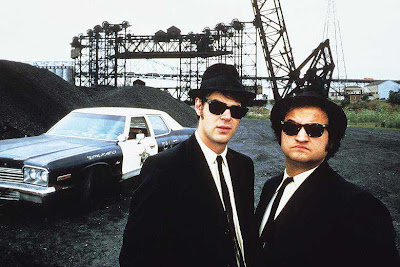
Elvis Presley. The name itself conjures images of electrifying performances, hip-swiveling charisma, and a voice that irrevocably changed the landscape of popular music. He was the King of Rock ‘n’ Roll, a cultural phenomenon whose influence reverberates to this day. Yet, behind the dazzling spectacle of his stardom, a more complex and ultimately tragic narrative unfolded, particularly in the final year of his life. It was a period marked by profound personal battles, declining health, and a quiet desperation that stood in stark contrast to his public persona.
This in-depth exploration invites us to peer beyond the legend and into the tumultuous reality of Elvis Presley’s last months. While the world saw an icon, often performing to sold-out venues, the man himself was navigating a labyrinth of health issues, addiction, and emotional turmoil. The final chapter of his extraordinary life reveals not just the struggles he endured, but also the enduring power of his artistry, which, even amidst his suffering, continued to captivate and move millions.
Join us as we chronicle the pivotal moments, the quiet heartbreaks, and the profound struggles that defined Elvis Presley’s life from August 1976 to his untimely passing on August 16, 1977. This period offers a poignant glimpse into the challenges faced by a man who had given so much to the world, and whose story, even in its most difficult moments, remains undeniably captivating. We seek to understand the circumstances that shaped his final year, providing context to the enduring mystery and fascination surrounding one of history’s greatest performers.
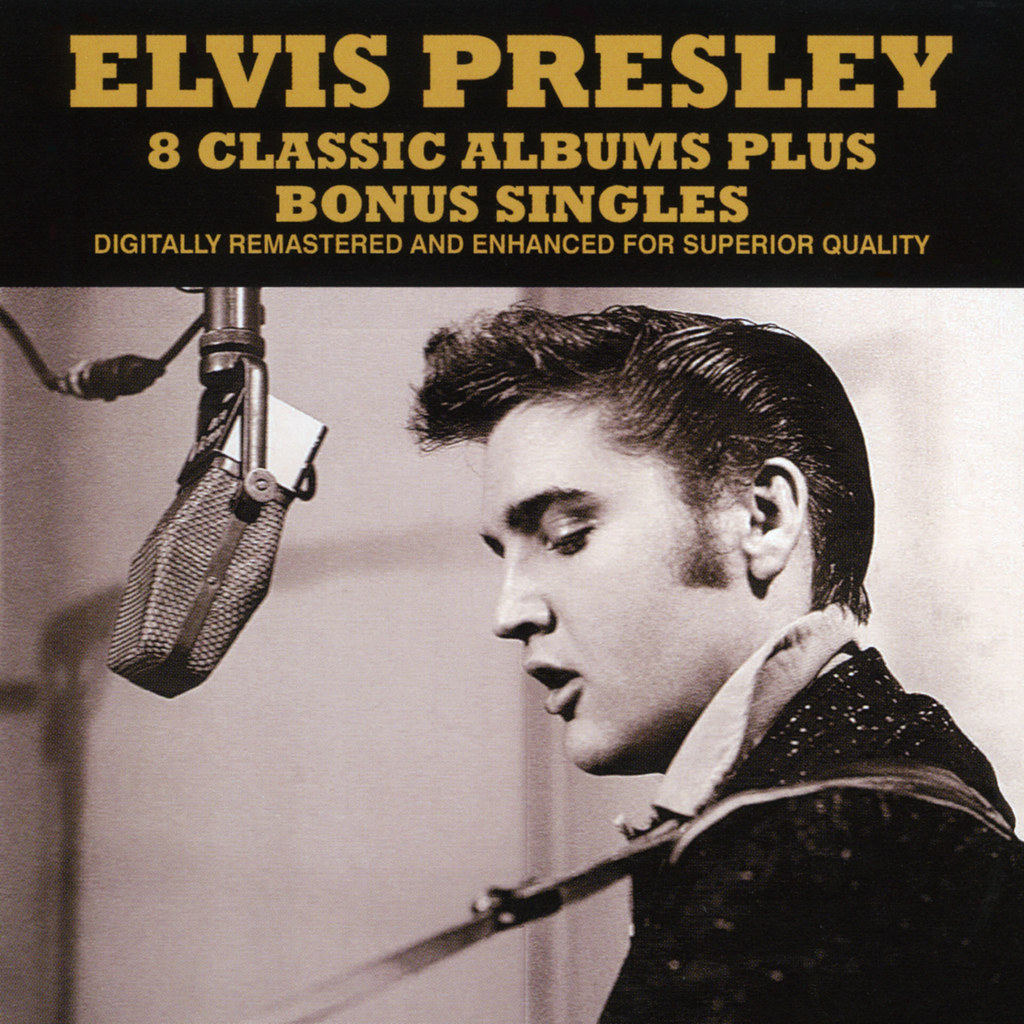
1. **The Untimely Death and its Global Impact**: On August 16, 1977, the world awoke to news that sent shockwaves across continents: Elvis Presley, the King of Rock ‘n’ Roll, had died at the age of 42. His untimely passing marked “the end of the era for rock and roll music as the world knew it,” forever altering the trajectory of popular culture. The sudden loss of such a monumental figure left millions of fans grieving and grappling with disbelief.
President of the United States, Jimmy Carter, eloquently praised Presley for having “permanently changed the face of American popular culture.” This sentiment resonated deeply, acknowledging Elvis’s profound and lasting contribution far beyond entertainment. His death was not just the loss of a musician, but the end of an epoch that he had almost single-handedly defined.
In the immediate aftermath, an outpouring of grief and remembrance transformed Graceland into a pilgrimage site. Thousands of people visited outside his beloved home, creating a somber vigil, eager to view the open casket and pay their final respects to the man who had soundtracked their lives. Presley’s funeral, held at Graceland on August 18, saw approximately 80,000 people lining the processional route, a testament to his unparalleled global appeal.
The swiftness of his death, coupled with the details that would later emerge, also fueled myriad conspiracy theories. Many claimed his passing was faked, that Elvis was either alive on a private island somewhere or even abducted by aliens. This speaks to the almost mythical status he held; for many, it was unfathomable that such an icon could simply vanish from the world, leaving a void that would never truly be filled.
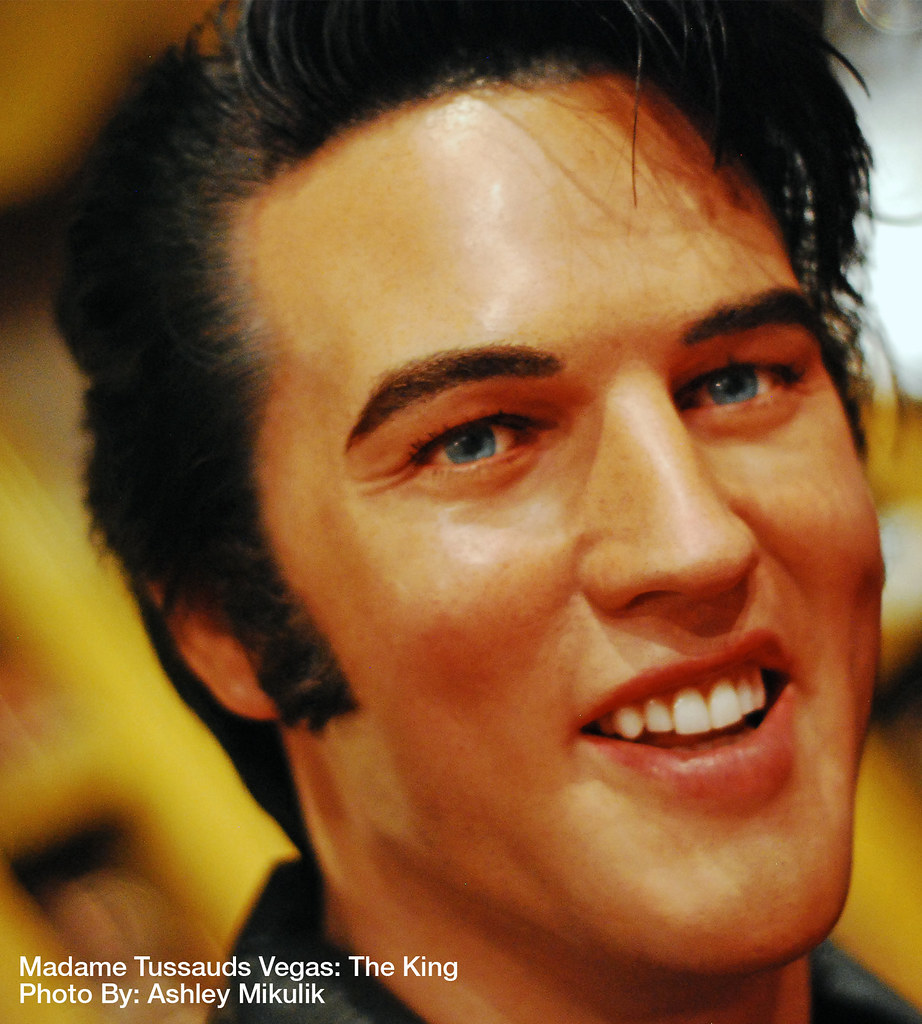
2. **Years of Struggle: Alcohol and Prescription Drug Misuse**: The narrative of Elvis Presley’s final year cannot be fully understood without acknowledging the long-standing battle he waged against addiction. Years of “alcohol and prescription drug misuse” ultimately contributed to the demise of one of history’s greatest performers. This wasn’t a sudden onset, but a gradual escalation rooted in the intense pressures of his unparalleled career and celebrity.
As a young man, Elvis faced a “punishing work schedule and the stresses of newfound celebrity,” which often pushed him to his physical and mental limits. According to LiveAbout.com, he became dependent on various prescription drugs, initially relying on amphetamines to stay awake for performances and barbiturates to find sleep or relaxation. Tragically, these habits were “heavily pushed by his manager, the infamous ‘Colonel’ Tom Parker,” who many believe exploited Elvis’s naivety while running him ragged.
This dependency began to manifest in serious health crises much earlier than his final year. As early as 1973, in the wake of his marriage to Priscilla unraveling, Elvis endured three days in a coma after overdosing on barbiturates—his second such overdose in less than a year. Later that same year, he was rushed to the hospital due to his addiction to painkillers, a clear indication of the deep-seated nature of his struggles.
The constant touring schedule, despite these harrowing health issues, placed immense strain on him. It was a relentless cycle where the demands of stardom fueled his need for medication, creating a vicious loop. By his final year, this long-term misuse had taken a devastating toll on his body, weakening him against the backdrop of his enduring stage presence.

3. **Dr. Nick and the Prescription Epidemic**: By 1976, Elvis Presley’s reliance on prescription medication had escalated to an alarming degree, facilitated by his private physician, Dr. George Nichopoulos, affectionately known as “Dr. Nick.” The doctor’s proximity and willingness to prescribe almost any requested medication became a central, and deeply controversial, aspect of Elvis’s final years. Dr. Nick traveled with Elvis, always prepared to fulfill his needs.
Remarkably, Dr. Nick reportedly carried “three suitcases of pills” to ensure he could meet Elvis’s demands at any moment. The scale of the prescriptions was staggering; it was claimed that “over the last 20 months of Elvis’ life, Dr. Nick prescribed him over 12,000 pills.” While the doctor maintained some of these were also for Presley’s entourage, the sheer volume points to an unprecedented level of access to potent pharmaceuticals.
The doctor’s defense for such prolific prescribing was a grim reflection of the circumstances: “If he didn’t prescribe the pills to Elvis, someone else would, and at least this way he wouldn’t get them off the street.” This reasoning highlights the immense pressure and unique challenges faced by those around Elvis, caught between a desire to help and the reality of his unyielding demands.
Following Elvis’s death, the toxicology report revealed a cocktail of opiates in his blood, including Dilaudid, Demerol, and Percodan, alongside Quaaludes and codeine. Despite this evidence, Dr. Nick was acquitted of 11 felony accounts of overprescribing drugs, as the medical examiner ultimately claimed Elvis had died of heart disease, adding, “Had these drugs not been there, he still would’ve died.” This legal outcome only further complicated the already tragic narrative surrounding Elvis’s final days.
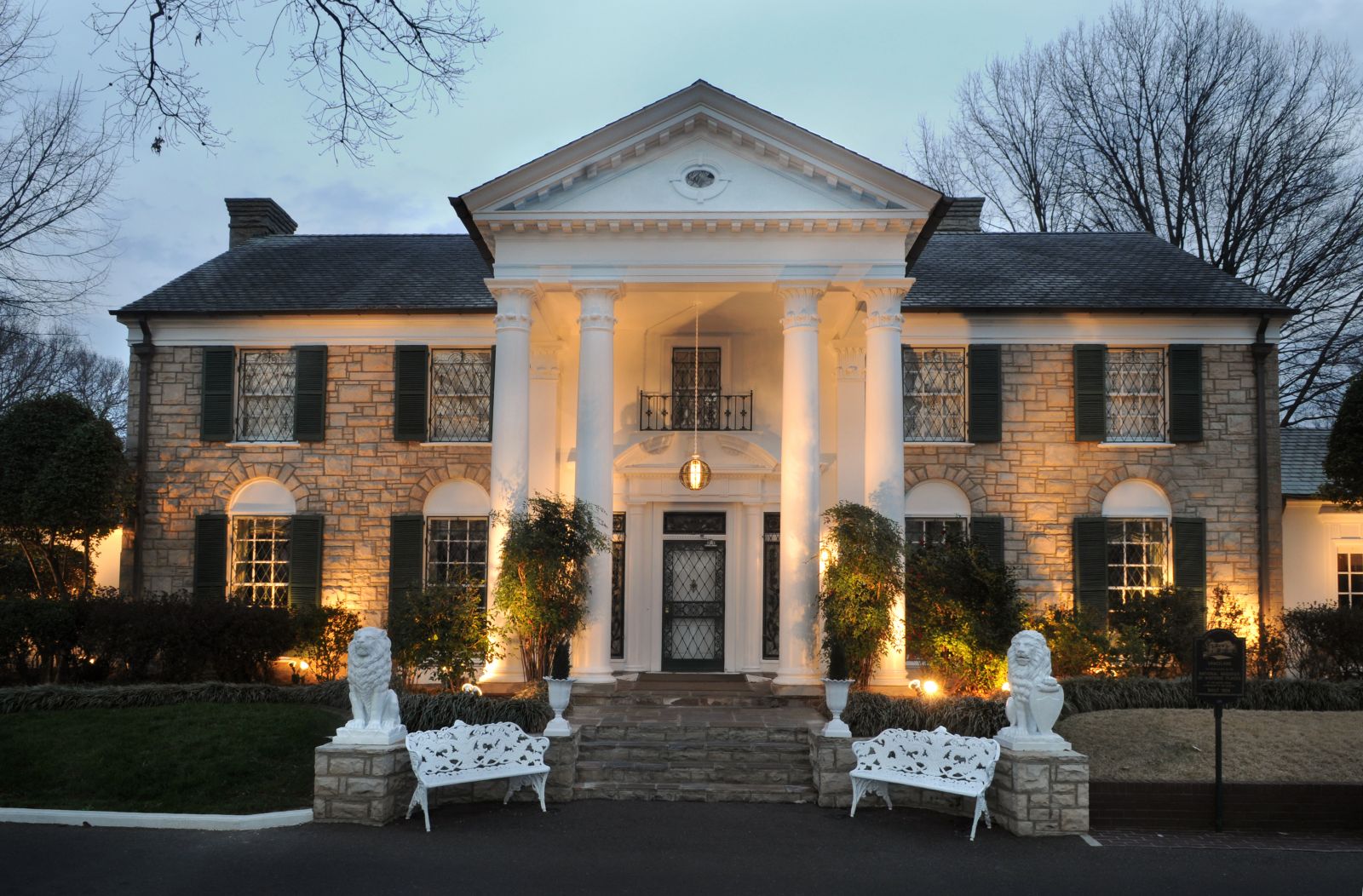
4. **Graceland’s Jungle Room: A Reluctant Studio**: As 1976 progressed, Elvis Presley grew increasingly disenfranchised and withdrawn, his health and drug use contributing to a profound shift in his demeanor. He spent a significant portion of his time holed up within the elaborate confines of his Memphis compound, Graceland, particularly in a den famously nicknamed the “Jungle Room” due to its exotic decor. This reclusive state posed a significant challenge for his record label, RCA, as the King had become entirely uninterested in traditional studio recording sessions.
Facing this dilemma, producer Felton Jarvis devised a revolutionary solution: “If Elvis wouldn’t go to the studio, they’d bring the studio to Elvis.” This innovative approach wasn’t entirely new, as Presley had successfully recorded tracks at home in Palm Springs in 1973. Elvis himself had expressed enjoyment in the collaborative atmosphere of recording with his fellow musicians, feeding off their emotions, making the idea of a mobile studio at Graceland particularly appealing.
Elvis approved the plan, and RCA dispatched a studio truck to his home. The “Jungle Room,” surprisingly, proved to be an ideal location for the impromptu studio setup. Its spaciousness and the natural sound-absorbing properties of its shag carpeting provided an unexpected acoustic advantage. The only minor adjustment needed was to turn off the fake waterfall, which, while adding to the exotic ambiance, would have interfered with the sound quality.
It was within these unique surroundings, in October 1976, that Elvis recorded his final studio sessions. These poignant recordings resulted in what would become some of “his most memorable and emotionally crushing material to date,” capturing a raw vulnerability that offered a profound glimpse into his inner world. These sessions proved that even in his isolation, the King’s artistic spirit could still find a way to create enduring music.

5. **The ‘A Star Is Born’ Missed Opportunity**: Two and a half years before his death, in March 1975, Elvis Presley found himself at a pivotal crossroads, presented with an opportunity that, in hindsight, might have significantly altered the course of his final years. He sat on the floor of a walk-in closet at the Las Vegas Hilton, engaging in a two-hour conversation with Barbra Streisand about a potential role opposite her in her remake of “A Star Is Born.” This meeting, recounted by Presley’s longtime friend Jerry Schilling, revealed a rare glimmer of excitement in the King.
Schilling, who, along with Presley’s pal Joe Esposito and Streisand’s boyfriend Jon Peters, squeezed into the closet for privacy amidst the backstage commotion, vividly recalls the moment. He noted that Streisand’s pitch so “tantalized him” that they continued talking for more than two hours, even ordering in food. Schilling would later say of this encounter, “That was the last time I saw the twinkle in my friend’s eye,” underscoring the profound impact this possibility had on Elvis.
Despite the clear enthusiasm, Presley ultimately did not get the part, which famously went to Kris Kristofferson. The reasons remain subject to debate. Some attribute it to Streisand’s insistence on top billing, while others point to the “unreasonable financial demands of Presley’s manager, Colonel Tom Parker.” Parker’s notorious control over Elvis’s career was often a barrier to potentially enriching projects, and this was perhaps one of the most significant examples.
In her 2023 memoir, Streisand herself offered another poignant possibility, wondering whether the character of a self-destructive musician was in the end “a little too close to his own life” for Presley’s comfort. Whatever the precise reason, Schilling firmly believes that this disappointment “set Presley on a path of poor decision-making that effectively tanked his career before his tragic death,” signaling a critical turning point away from creative rejuvenation.

6. **The Controversial Romance with Ginger Alden**: November 1976 marked a significant shift in Elvis Presley’s personal life with the end of his four-year relationship with Linda Thompson. Linda, who had often served as a “stabilizing force” in his tumultuous world, eventually chose to leave him, seeking a “more normal life” away from the intense demands and pressures of being involved with the King. Her departure opened the door for a new, and ultimately controversial, romantic chapter.
Soon after, Elvis began a courtship with actress Ginger Alden, a woman 20 years his junior. Their relationship progressed rapidly, culminating in December 1976 when the singer presented her with an engagement ring. This particular ring held symbolic weight, fashioned from the diamond originally set in his own TCB (Taking Care of Business) ring, a personal emblem of his inner circle and philosophy.
However, the relationship was not without its detractors, particularly among Elvis’s long-standing entourage, the “Memphis Mafia.” Many in his inner circle viewed Ginger with skepticism, believing her to be “nothing more than a gold-digger.” Lamar Fike, a prominent member of the Memphis Mafia, famously articulated this sentiment, stating that Ginger “didn’t give a rat’s ass about him,” reflecting a widespread mistrust of her intentions.
Ginger Alden, in turn, staunchly defended her side of the story, dismissing these opinions as “unfair stones cast by her fiance’s cronies.” In a 2019 interview, while promoting her book, she expressed her profound disappointment at the “untruths regarding Elvis and me which were completely unwarranted, mean spirited and wrong” that were spread after his passing. This lingering controversy surrounding his final romance highlights the complex and often strained relationships that surrounded Elvis in his last year.
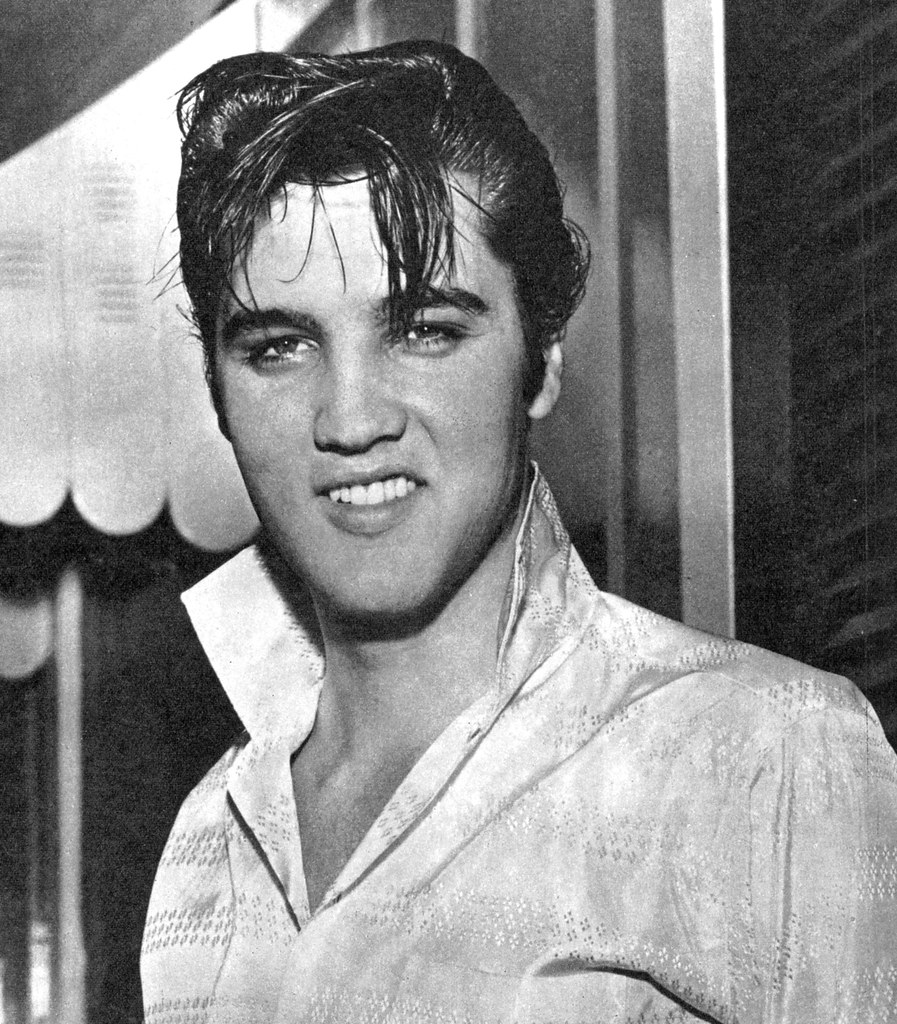
7. **The “Fat Elvis” Narrative and Food Addiction**: In discussions of Elvis Presley’s later years, the term “Fat Elvis” regrettably surfaces, a descriptor that, while “cruel and derogatory,” points to a significant battle he fought with eating and weight issues. This aspect of his health profoundly “colored his last year on Earth,” contributing to both his physical decline and the public’s often harsh perception of him. It was a struggle deeply rooted in his upbringing and lifelong habits.
Growing up in the American South, Elvis found deep comfort in rich, “greasy homestyle foods.” This ingrained preference continued into adulthood, manifesting in a diet that, by the end of his life, involved “consuming enough calories to feed several people every day,” according to the New York Daily News. His favorite meals were often indulgent, notably a “roll stuffed with bacon, peanut butter, and jelly,” alongside an array of midnight snacks like hamburgers and deep-fried bread, all contributing to his burgeoning weight.
While his prescription drug dependency was a major factor in his overall health decline, it was the “heart disease caused by his bad diet that ultimately killed him.” This highlights the often-overlooked physical toll of his eating habits, a struggle that coexisted with, and often exacerbated, the effects of his medication use. The combined impact placed immense strain on his cardiovascular system, proving fatal.
Critics and fans alike observed his physical transformation, often noting his weight gain during public appearances. Tony Scherman, quoted in Rees Quinn’s biography *Elvis*, offered a stark assessment of early 1977, stating that Presley “had become a grotesque caricature of his sleek, energetic former self. Hugely overweight, his mind dulled by the pharmacopeia he daily ingested, he was barely able to pull himself through his abbreviated concerts.” This poignant observation captures the tragic reality of his final public image, a stark contrast to the vibrant icon he once was.
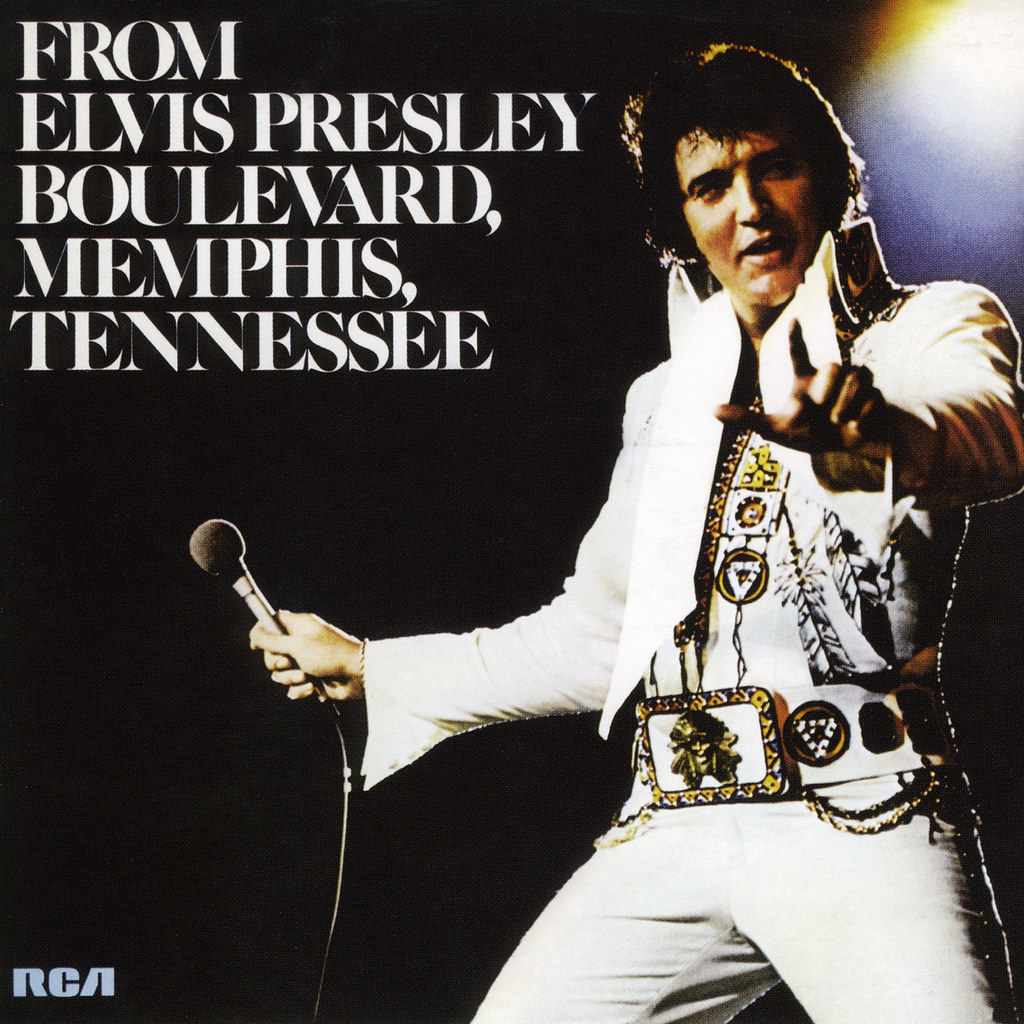
8. **Declining Health and Inconsistent Performances**: By his final year, the relentless touring schedule and the cumulative toll of his health issues began to manifest dramatically in Elvis Presley’s live performances. The vibrant, hip-swiveling King, once a paragon of energetic stage presence, was frequently a shadow of his former self. Audiences, accustomed to his electrifying shows, often found themselves witnessing a more subdued and, at times, visibly struggling artist. This inconsistency marked a poignant contrast to the mythic figure he remained in the public imagination.
There were instances where his health severely hampered his ability to perform, leading to deeply concerning moments for his entourage and fans. March 1977 saw this deterioration most egregiously during two stops in Louisiana. A show in Alexandria, for example, lasted less than an hour before Elvis had to make an early exit from the stage, unable to continue. Even more alarming was the situation in Baton Rouge, where Elvis, according to *The Mysteries Surrounding the Death of Elvis Presley*, had to cancel an entire show because he simply could not bring himself to leave his hotel bed to get to the venue. The subsequent cancellation of the rest of that tour served as a stark benchmark, illustrating just how far the King had fallen from the energetic pedestals of his youth.
Musicians who played with Elvis during this period also bore witness to his profound decline. Tony Brown, a keyboardist, vividly recalled an instance from three years prior to his death where Elvis fell out of a limousine upon arrival for a show at the University of Maryland, a clear sign of his physical vulnerability. Guitarist John Wilkinson added a heartbreaking perspective: “It was obvious there was something terribly wrong with his body. It was so bad the words to the songs were barely intelligible. I remember crying, he could barely get through the introductions.” These firsthand accounts paint a grim picture of a legend battling his own body and mind, striving to deliver to his devoted fans despite immense personal suffering.
While moments of his old magic undoubtedly shone through, especially in his vocal delivery, the physical manifestations of his long-term health struggles became increasingly difficult to conceal. This period was a testament to his sheer will to perform, even as his body betrayed him, leaving both those closest to him and his adoring audiences with an indelible sense of sorrow for a star burning out too soon.
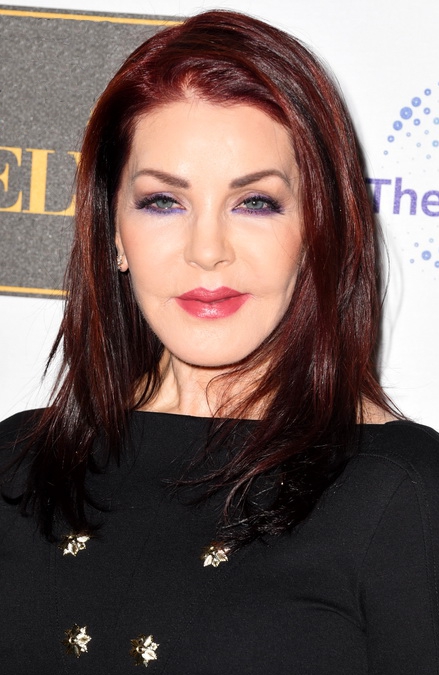
9. **Glimmers of Despair: Depression and Suicidal Thoughts**: The tragic narrative of Elvis Presley’s passing, often framed as a rock star’s accidental death due to health issues and drug use, holds a deeper, more unsettling layer. Questions linger about whether his extensive well-being neglect was merely a consequence of his addictions, or if it hinted at something far more profound: a conscious disregard for his own life, bordering on suicidal ideation. This perspective, explored in various accounts, casts a somber shadow over his final months.
His longtime wife, Priscilla Presley, offered a particularly revealing insight into Elvis’s state of mind in the HBO documentary *Elvis Presley: The Searcher*. She openly questioned whether his death was truly an accident, pointing to a chilling note Elvis had penned to his friend and “Memphis Mafia” member, Joe Esposito, which read: “I’m sick and tired of my life.” Such a stark declaration from a man who seemingly had it all suggests a profound internal struggle that went beyond physical ailments or drug dependency.
Priscilla further challenged the notion that Elvis was a passive bystander in his own demise. While many wonder why no one intervened more forcefully, she insisted that this depiction was inaccurate. “He knew what he was doing,” she asserted, explaining that while people within his inner circle did try to help him get treatment, “you did not tell Elvis what to do. You’d have been out of there faster than a scratched cat.” This poignant statement reveals the immense difficulty of offering assistance to a powerful, strong-willed icon, suggesting a conscious dismissal of help rather than ignorance of his own perilous path.
These revelations paint a picture of a man wrestling with deep-seated depression and a weariness of life itself. The pressure of maintaining his public persona, coupled with his private battles, led him to a point of extreme isolation and despair. His final acts, including the alleged note to Esposito and his dismissive attitude toward intervention, suggest that his suffering was not just physical, but a profound emotional and existential exhaustion that may have clouded his judgment and ultimate fate.
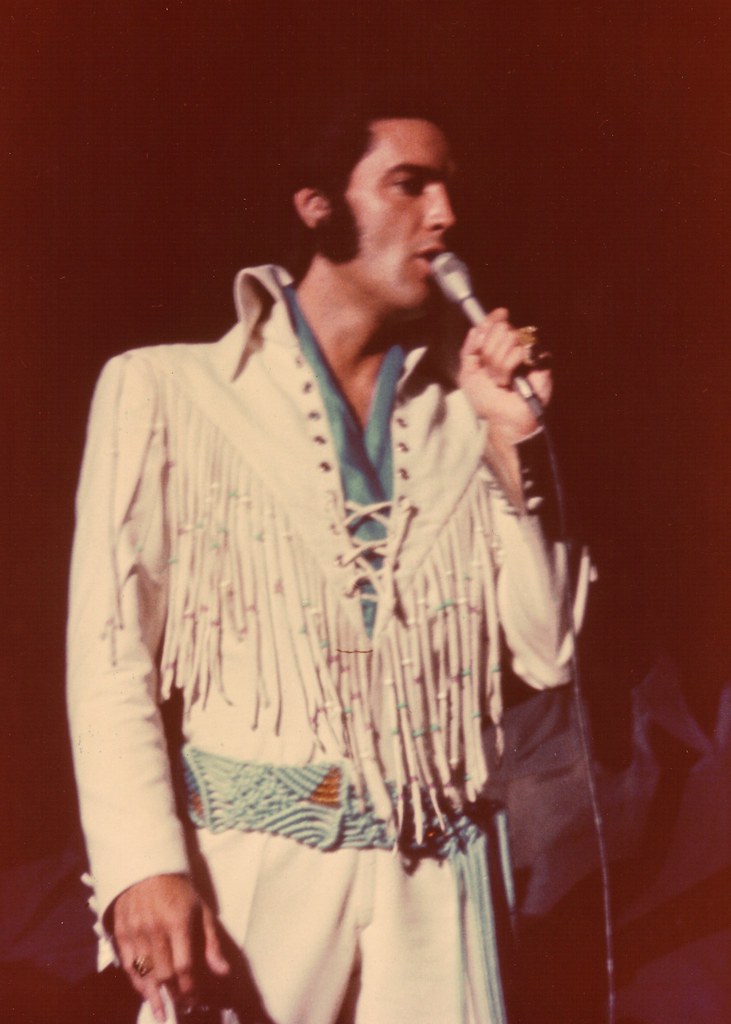
10. **Final Performances: A King’s Farewell**: In the months leading up to his death, Elvis Presley continued to perform, delivering what would be his last live concerts and recorded sessions, each imbued with a profound, almost prophetic, sense of finality. Two distinct but equally poignant performances stand out from the summer of 1977, offering glimpses into the King’s enduring artistry and his human vulnerability.
One of these critical moments occurred on June 21, 1977, in Rapid City, South Dakota. This particular show was being filmed for a TV special and a live album, and it captured what would become “the last ever recorded performance of his career.” During the encore, Elvis, despite his extensive health issues and struggles with addiction, delivered a staggering rendition of “Are You Lonesome Tonight.” He introduced the song, strummed his guitar, and his unmistakable voice rang out, momentarily almost drowned by the crowd’s screams. He also performed a stunning cover of “Unchained Melody” during this show.
During the iconic spoken part of “Are You Lonesome Tonight,” Elvis visibly stumbled, forgetting his words and sharing a laugh with the crowd over his forgetfulness. He appeared awkward and visibly sweated under the lights, yet as soon as he resumed singing, his vocal skill returned naturally, allowing him to finish the performance with incredible power. This performance, just 56 days before his death, marked the end of an era, a bittersweet demonstration of his raw talent even as his physical self was “on the brink.”
Just days later, on June 26, 1977, Elvis played his final live gig at the Market Square Arena in Indianapolis, to a crowd of 18,000 devoted fans. The setlist was a mix of his timeless classics like “Hound Dog,” “Don’t Be Cruel,” and “Jailhouse Rock,” alongside newer tracks such as “Hurt” and his powerful cover of “Bridge Over Troubled Water.” While he appeared overweight and at times winded, reports indicated he delivered a solid performance overall. It was a final, grand gesture from a man who had dedicated his life to the stage.
What truly made this concert reflective, and what many would later ponder, was Elvis’s decision to introduce everyone from his life onstage towards the end of the night, just before his closing performance of “Can’t Help Falling In Love With You.” Many speculated if, deep down, he harbored a subconscious awareness that this was his last bow, an opportunity to acknowledge all those who had made his extraordinary career possible. His cryptic parting words as he left the stage – “We’ll meet again. God bless … adios” – only amplified the feeling of a poignant, definitive farewell from the King.
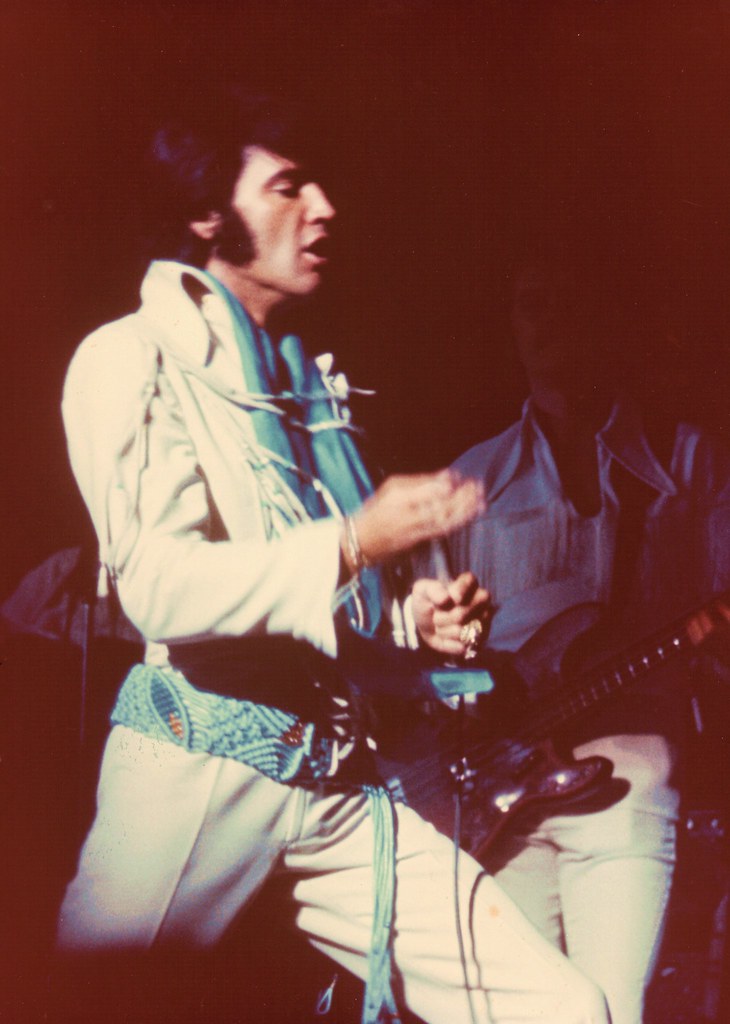
11. **The Final 24 Hours: A Whirlwind of Activity and a Tragic End**: The final 24 hours of Elvis Presley’s life, far from being a somber, bedridden decline, were instead a bizarre whirlwind of activity, defying the assumptions one might make given his extensive pill dependency and excessive weight. This intense period, leading directly to his tragic death, paints a vivid picture of the King’s restless spirit and his ongoing struggles even in his last moments.
As meticulously detailed in the documentary *Elvis Presley: The Last 24 Hours*, Elvis’s final day on earth began with a nighttime excursion. He embarked on a trip to the dentist, not for a routine check-up, but reportedly “in search of prescription drugs.” This desperate quest underscores the profound grip his addiction held over him, even in the hours before his passing, highlighting a continuous battle for more medication.
Following his visit to the dentist, Elvis engaged in an unexpected burst of physical activity: a 4 a.m. game of racquetball with his cousin, Billy Smith. This seemingly ordinary moment of recreation, amidst his health struggles and late-night movements, adds to the almost surreal quality of his last day. Later, in the quiet intimacy of Graceland, he sought solace in music, delivering an impromptu piano performance of classics, including a poignant rendition of “Blue Eyes Crying In The Rain.” Reportedly, this was the last song Elvis ever sang in private, a final, beautiful echo of his unparalleled voice.
Elvis was last seen alive as he retreated into the bathroom to read, a quiet, solitary act before his life tragically ended. Around 2 p.m. on August 16, his partner, Ginger Alden, discovered him in an unresponsive state on the bathroom floor. Joe Esposito, the foreman of the Memphis Mafia, vividly recounted the harrowing discovery: “The phone rings—intercom. One of the maids picked up the phone, and it’s Ginger. She says, ‘Come upstairs, I need help. Elvis just fainted.’ I ran upstairs, I go into the bathroom, and Elvis had fell over and was laying on the floor. I turned him over … and I knew. I knew he was dead.” Attempts to revive him failed, and Elvis Presley’s death was confirmed at 3:30 p.m., bringing an abrupt and shocking end to the life of a legend.
Elvis Presley’s final year stands as a powerful testament to the complexities of fame, addiction, and the human condition. It is a narrative of immense pressure and profound loneliness, of a man battling not just external expectations but his own internal demons. Even amidst his decline, the King’s spirit, his voice, and his innate ability to connect with audiences never truly faded. His story, in its entirety—the soaring highs, the quiet despairs, and the tragic end—continues to resonate, reminding us that even the most monumental icons are ultimately human, leaving behind a legacy that transcends music to offer deep insights into the struggles of life itself. The truth about Elvis’s final year is not just a tale of sorrow, but a poignant reminder of the enduring power of his artistry, even in his most vulnerable moments, and the profound impact he left on the world.


